I am an American Millennial (or, a member of the Me Generation, Generation Y, the Echo Boomers or the Net Generation, depending on what you prefer), and I’d like to share some insights on my generation.
As you’re most likely already aware, Millennials aren’t the most revered generation in the world today. We’re generally viewed as selfish, immature and entitled, and previous generations often criticize us for everything from our love of avocados to our smartphone addiction.
However, Millennials are more than a horde of craft beer-drinking, mobile app-playing selfie-takers. Let me explain.
We Want You to Keep It Real
Us Millennials take the idea of corporate personhood to a whole new level. We care about honesty and responsibility, and we expect the brands we purchase from to feel the same way.
According to an infographic from the University of Southern California, 77 percent of Millennials engage with brands around corporate social responsibility (CSR), and 91 percent prefer brands associated with a cause.
Good causes aren’t the only things that matter to us, though. In a 2014 survey of 12 global industries, it was revealed that 91 percent of consumers value honesty about products and services above any other authentic characteristics.
The positive results of authenticity aren’t insignificant, either: according to the same survey, a whopping 63 percent of global consumers would buy from a company they consider to be authentic.
To put it simply, authenticity is good for business. To incorporate authenticity into your content writing, be aware of the claims you make—are they substantiated? Are you staying true to your brand’s values? Are you being completely up-front and truthful with your readers?
If not, take a second look at your writing with a critical eye, and don’t be afraid to value honesty over trendiness or popularity. After all, your Millennial customers won’t.
We Like Books—A Lot
Contrary to what some may think, Millennials do, in fact, enjoy a good book. In fact, statistics show that we read significantly more than any other generation (yes, that includes Baby Boomers).
According to a recent Pew Research Center survey, 80 percent of Millennials aged 18-29 read a book in any format between 2015 and 2016, while 72 percent read a print book in the same period.
So, what does this mean for content writing? In a nutshell, don’t buy into the generalization that Millennials are poorly read, have short attention spans (at least, shorter than the average person) and communicate primarily through slang. Instead, recognize us for our bookish selves, and realize that we’ll likely appreciate a well-written article or clever blog post.
In other words, don’t dumb down your content in an attempt to connect with Millennials. They will see right through it, and their response will probably be negative.
We’re Not All Bleeding-Heart Liberals
My generation has a reputation for being very, if not radically, liberal, especially in the eyes of older, more conservative generations.
The truth is, according to the 2016 Millennial Impact Report, more Millennials identify as conservative than liberal, with the highest number of respondents placing themselves somewhere between neutral and conservative.
This is relevant to your content writing because misunderstanding your audience’s values and ideologies can be more alienating than inclusive.
So, when you’re writing content that brushes on the topics of government, social issues and current events, try to ensure that your language won’t turn away readers from either side of the political spectrum.
To do that, you’ll need to know the difference between conservatives and liberals. According to a 2014 survey conducted by Pew Research Center, conservatives put a high emphasis on religious faith and hard work, while liberals prioritize empathy for others and helping others. Both conservatives and liberals place a high degree of value on responsibility.
Another chart, also from Pew, reveals that conservatives prefer rural areas and small towns, while liberals tend to favor cities.
Keep this in mind when writing content for your organization. If you’re trying to reach customers in rural and suburban areas, you’d be wise to avoid openly promoting ultra-liberal values. Likewise, companies trying to reach customers in urban areas should refrain from endorsing ultra-conservative viewpoints.
In the context of writing for a Millennial audience, simply try to remember that members of our generation are fairly evenly spread over the political gamut, and it wouldn’t be in your organization’s best interests to challenge either side’s beliefs.
In the end, writing for Millennials is just like writing for any other age group. The only difference is that, thanks to the misconceptions surrounding Millennials, you’ll have to take extra care to make sure that you don’t repel potential customers by writing content that supports those misconceptions.
What has your experience writing content for Millennials been like? Do you have any additional tips for writing content Millennials will respond to? Let me know in the comments!
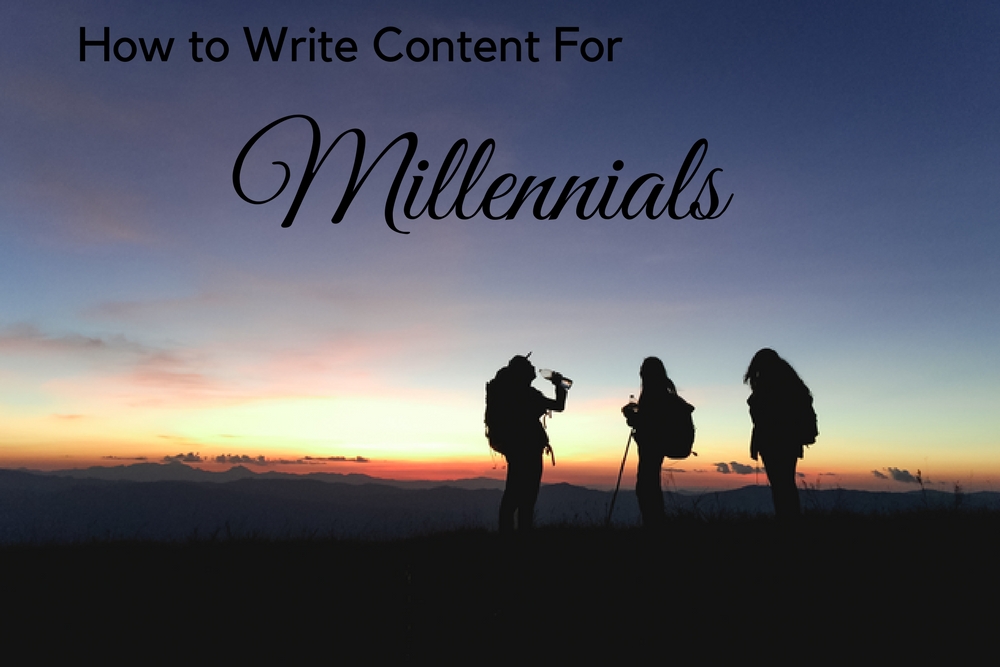
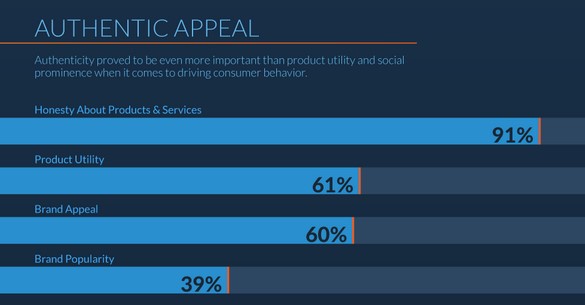
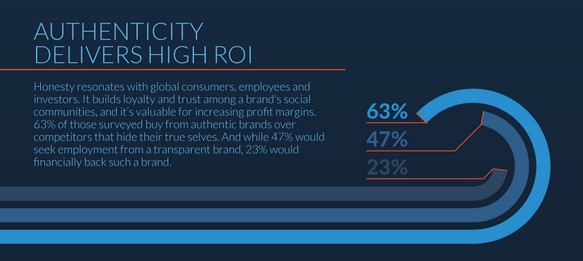
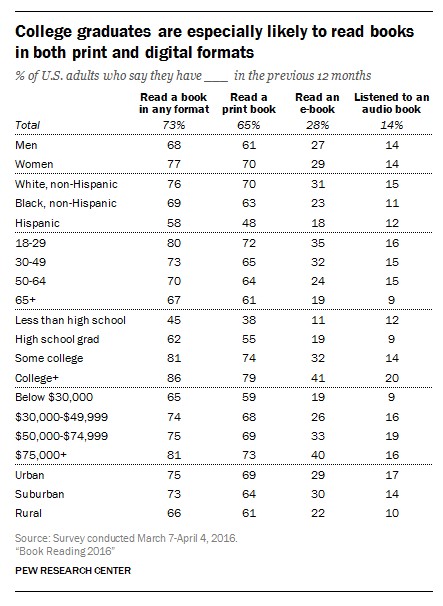
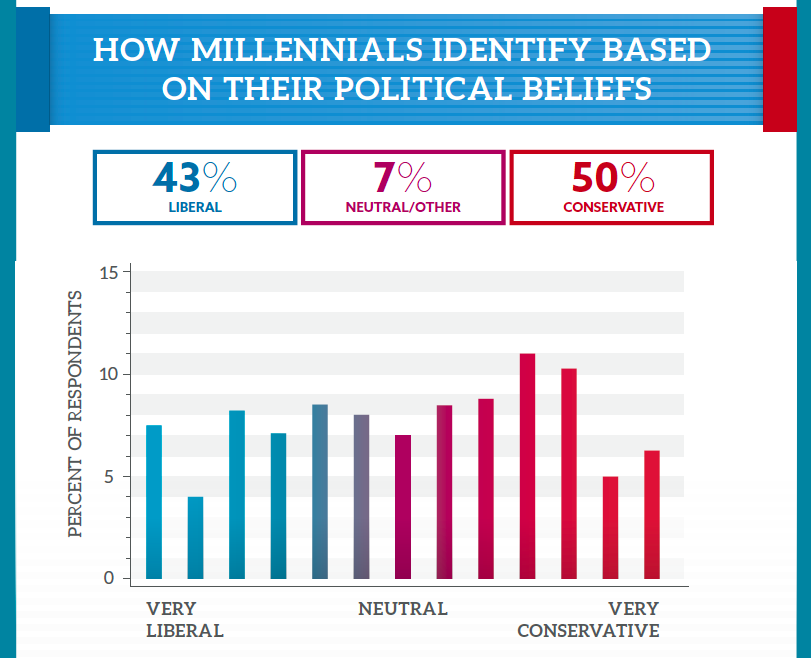
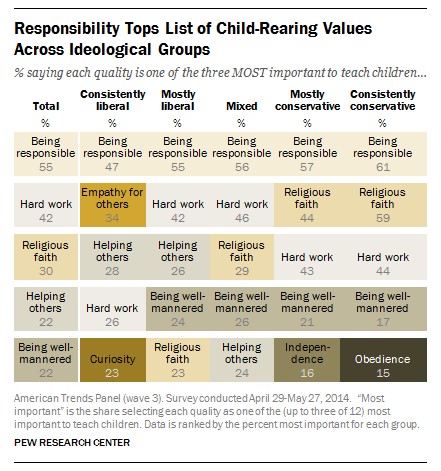
Thank you for the wonderful blog.